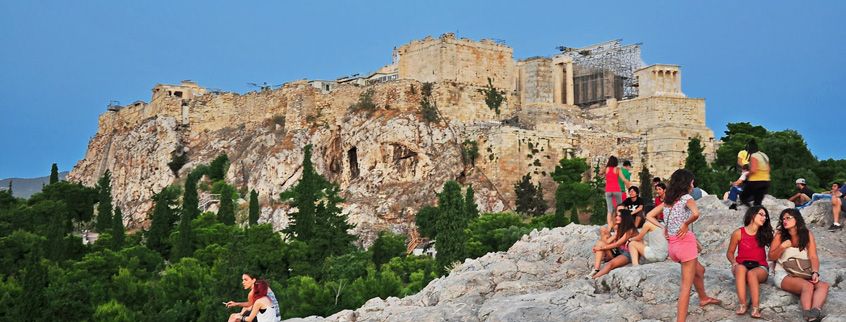I am excited to announce the fourth AGD tour, happening this January 3-11 in Greece. The theme is the Persian Wars, and we'll be exploring all the major sites where this epic class of civilizations took place, including Marathon, Thermopylae, Salamis, Delphi, and Eretria. Scroll down to find the full itinerary, as well as information on how to join.
To get a sense of what an AGD tour is like, you can checkout this highlight reel + testimonials from a previous one:
To listen to the full announcement for the upcoming tour, either check your podcast feed or click the player below:
For more information, or to sign up for the tour, please send me an email at greecepodcast@gmail.com
Your faithful podcast host and guide,
-Lantern Jack
The Persian Wars Tour Itinerary
N.B. The following itinerary may see minor changes as final trip details are arranged.
Friday 3 January
Arrivals throughout the day to Brown Acropol hotel in Athens; Meet and greet at 6pm on the hotel's rooftop; Welcome dinner near Acropolis at 7pm.
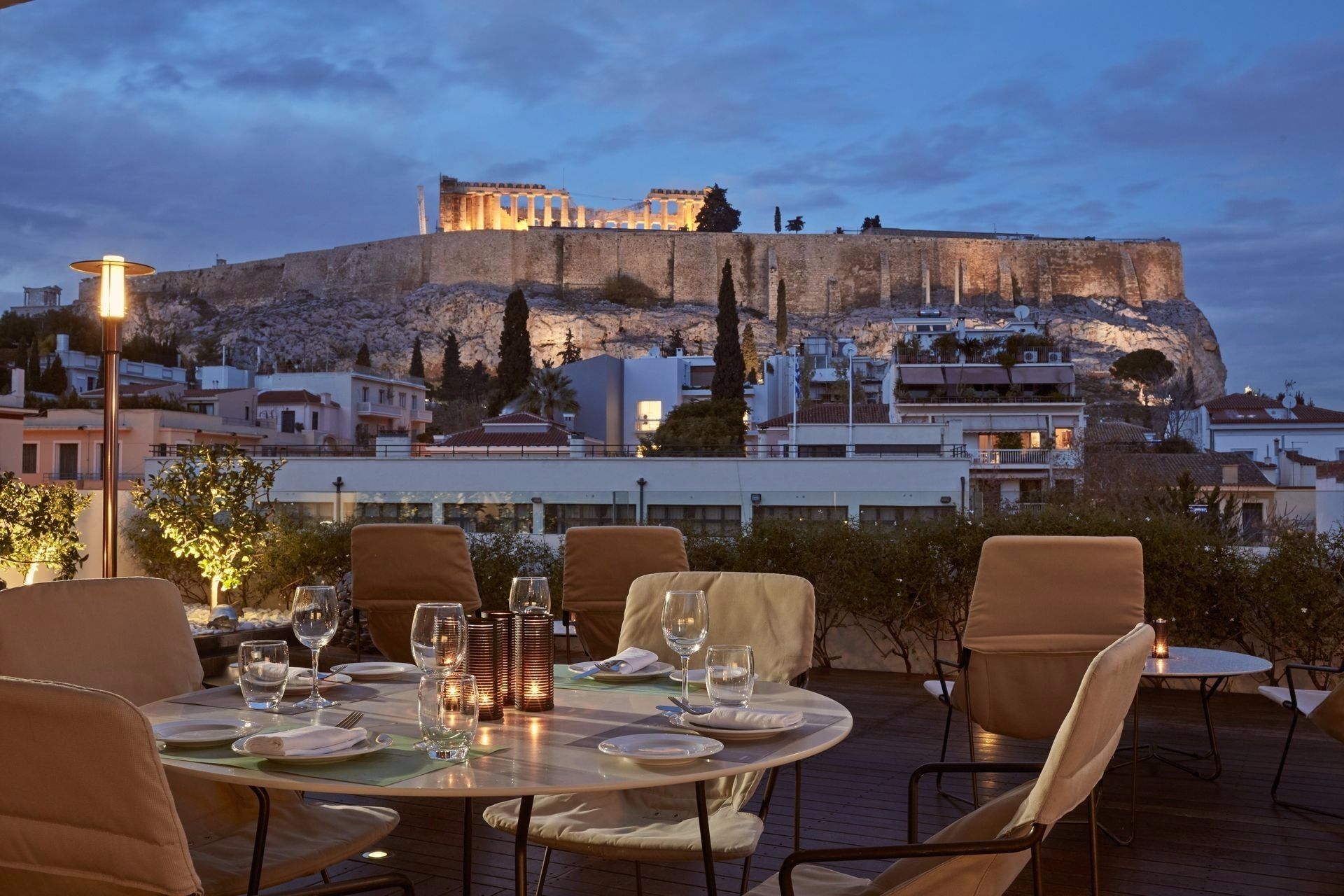
Saturday 4 January
We begin our first day of exploration with a guided tour of the Acropolis, focusing on the profound effects the Persian Wars had on this symbol of Athenian power and identity. When the Persians invaded Athens in 480BC, they destroyed the original temples that were on the Acropolis. It was the Athenians' ultimate victory against the Persians that provided them with the power and money to build the architectural marvels we see there today.
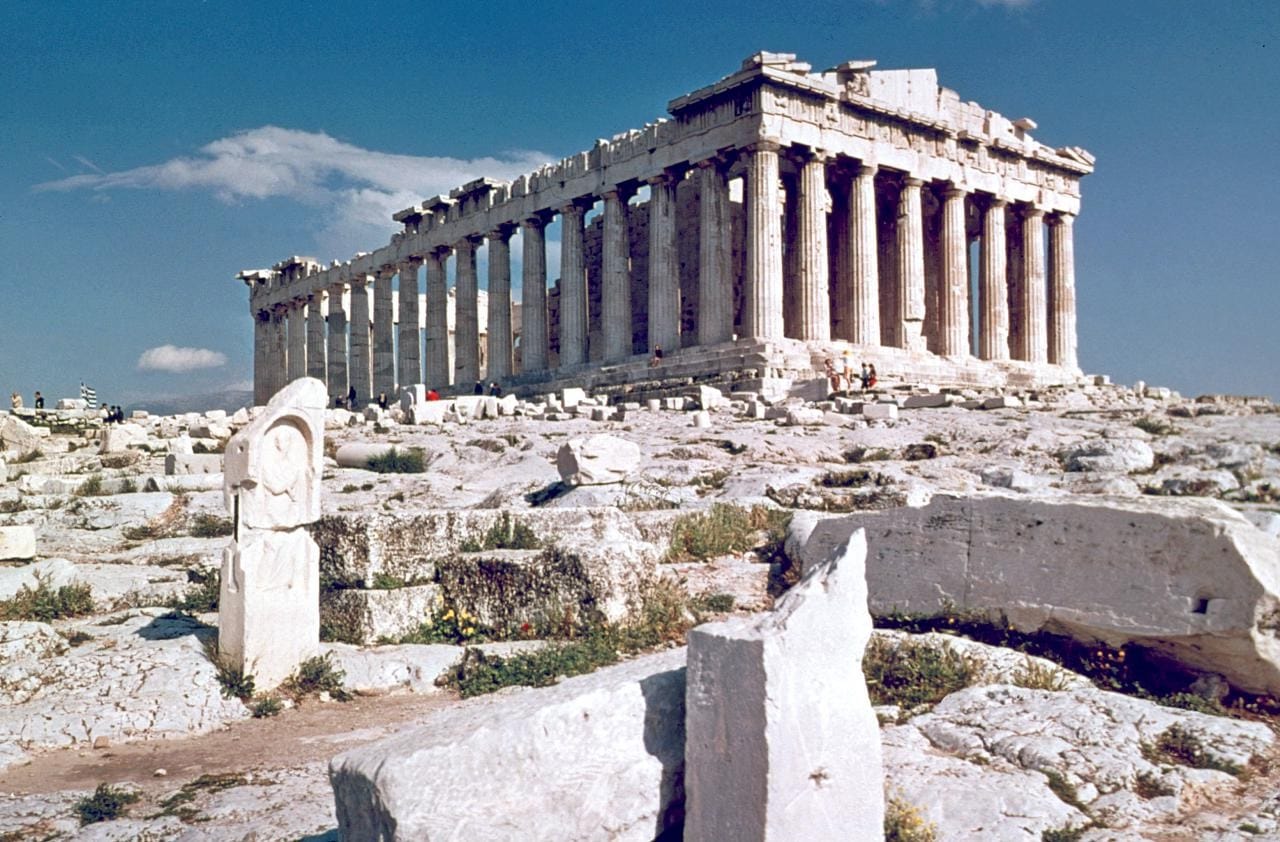
In the afternoon, we will take a ferry through the straights of Salamis to get a sense of the famous sea battle that took place there in 480BC. We will land on the island of Salamis itself, where we will visit the tomb of the soldiers who died in that ancient naval battle.
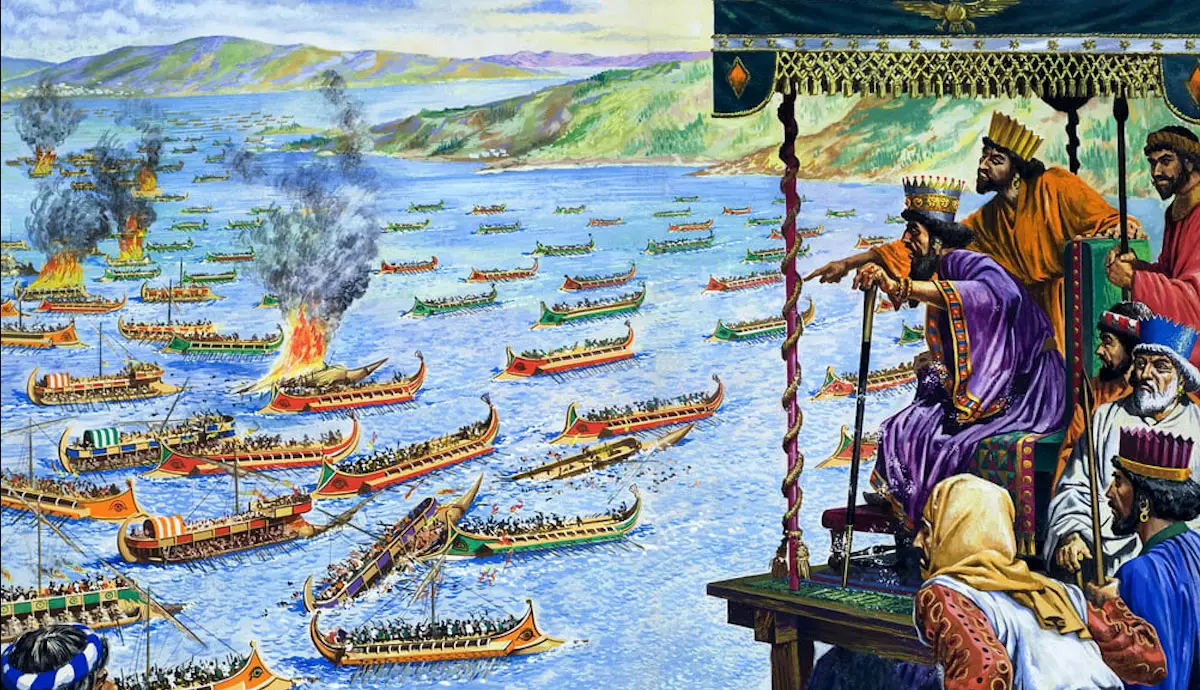
Sunday 5 January
We leave Athens in the morning on our private tour bus and head north stopping first at Marathon, where the Athenians scored their first victory against the Persians in 490 BC. Then we visit the ancient site of Rhamnous, which houses a temple to the goddess Nemesis, built in part to commemorate the Greek victory against the Persians.
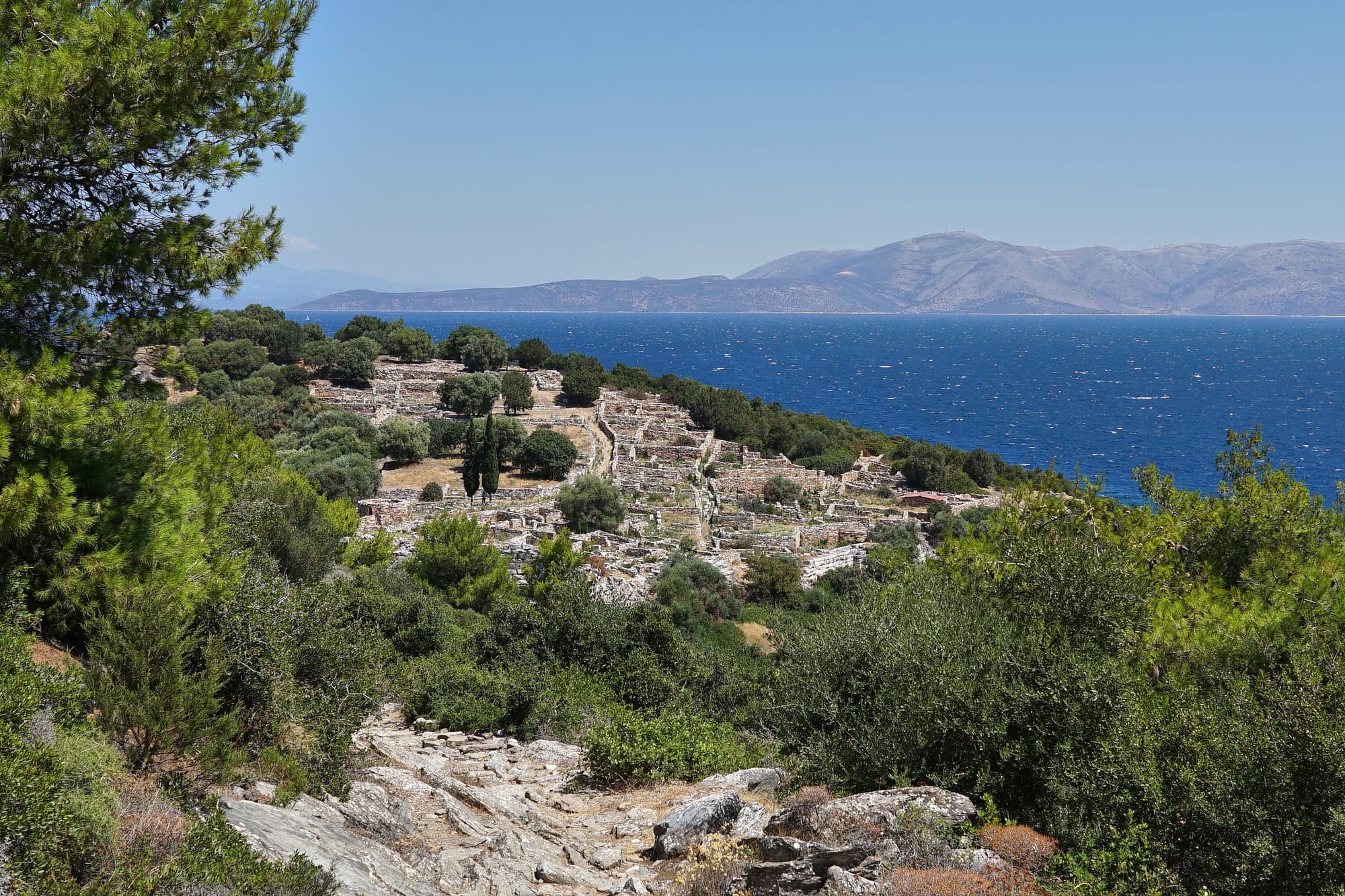
After having lunch at a charming sea-side taverna, we head to Chalcis on the island of Euboea, which will be our base of operations for the next two days.
Monday 6 January
We begin the day with a visit to the ancient site of Eretria, an important city-state of the Archaic period which was sacked and destroyed by the Persians in 490 BC.
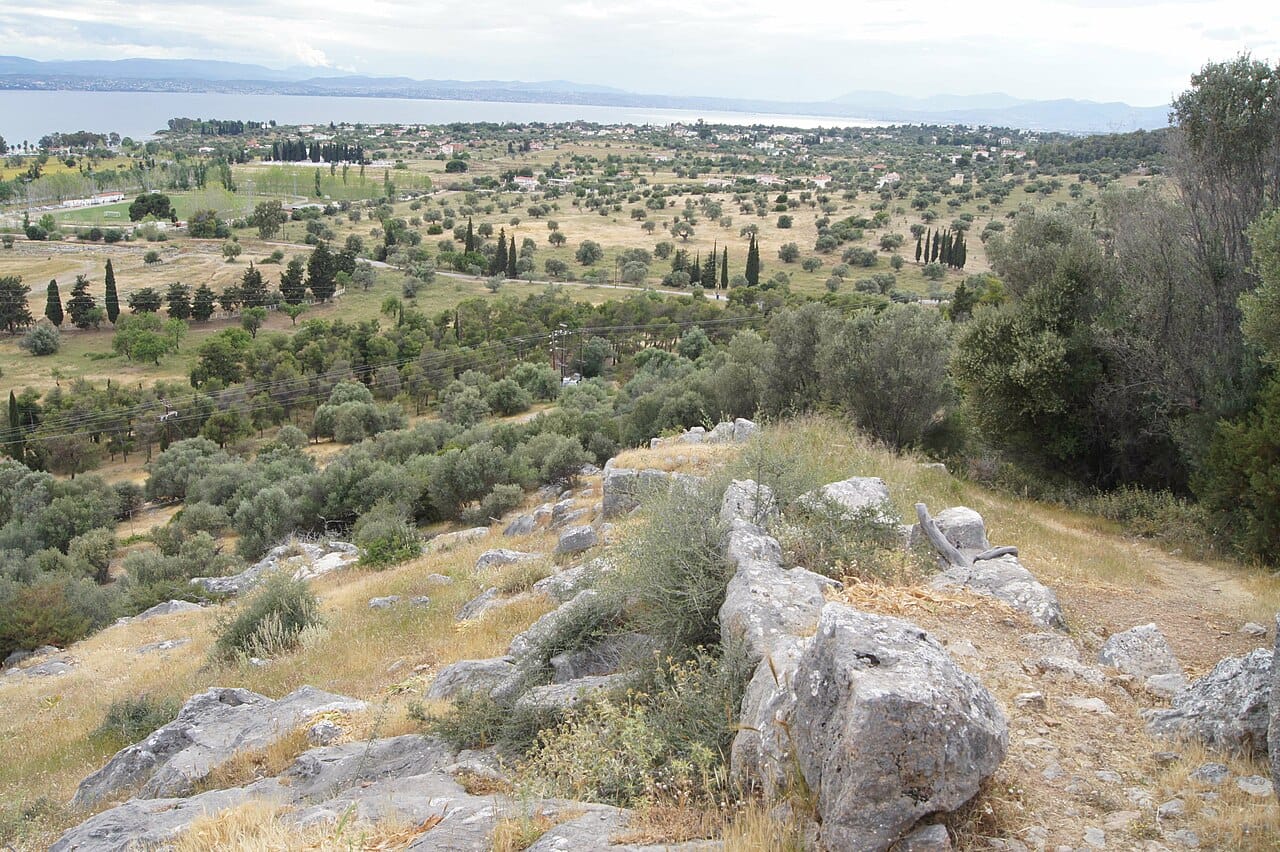
For the sake of variety, we then visit the Ottoman Castle of Karababa. This tour is not just about the Persian Wars ;)
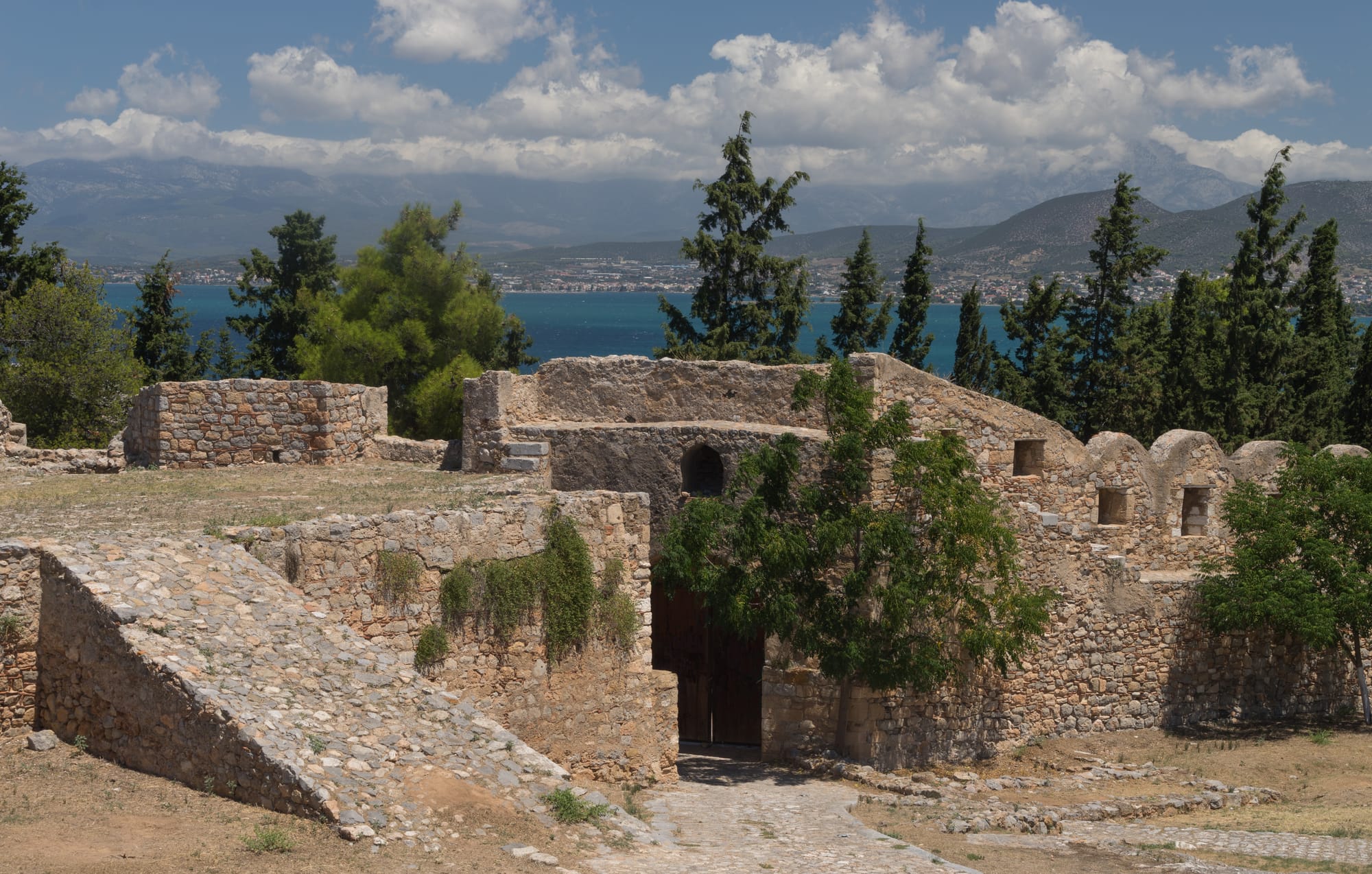
Tuesday 7 January
We leave Euboea and continue our journey north towards Thermopylae, where the 300 Spartans made their last stand. Along the way we make a stop at the Bronze Age site of Gla. This Mycenaean fort is something of an archaeological mystery. It has some of the most impressive earthworks and engineering feats of any Bronze Age site, was ten times bigger than Hercules' home town of Tiryns, and yet is never mentioned by Homer or any other ancient source.
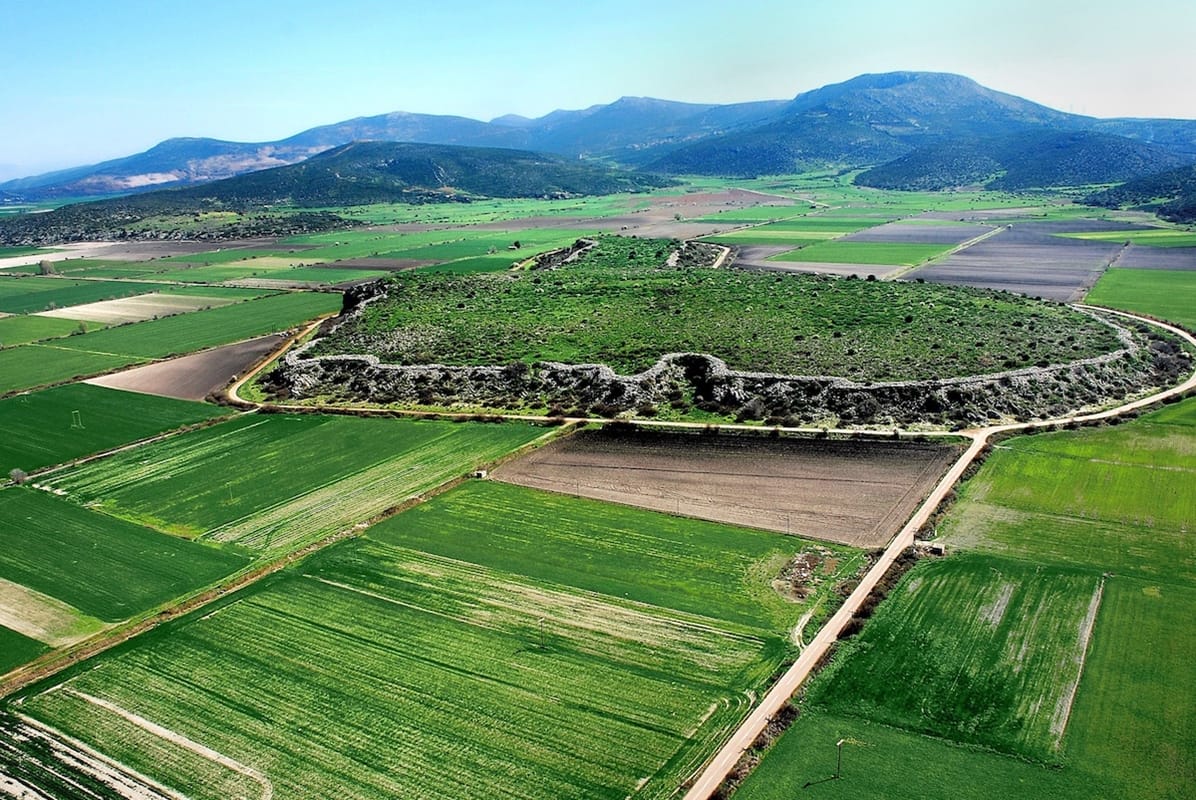
Next, at Thermopylae our archaeologist guide will give us a tour of the battlefield and explain how and where everything went down when the Persians attacked in 480BC.

We'll stop for lunch outside of Lamia, a region famous for its barbecued meat (there will of course also be vegetarian options). Then, we will drive to Delphi, where we'll spend the next two nights.
Wednesday 8 January
This day will be dedicated to exploring the massive and massively important site of the Oracle of Delphi nestled on the slopes of the legendary Mr. Parnassus. Legend has it that the Persians came to attack the site but were scared away by divine portents.

In the afternoon, we have three options: a hike up the mountain to the Korykion Cave, or a visit to the Byzantine monastery of Hosios Loukas, a UNESCO world heritage site, or a hike down to the ancient port of Delphi (present day Itea), to visit and tour an apiary near the ancient stadium. Which one we end up doing will depend on the weather and the will of the group.
Thursday 9 January
Our first stop after leaving Delphi is the battlefield of Plataea, where the last major land battle of the Persian Wars took place. Once again, our guide will explain the battle on-site and allow participants to try on hoplite armor.
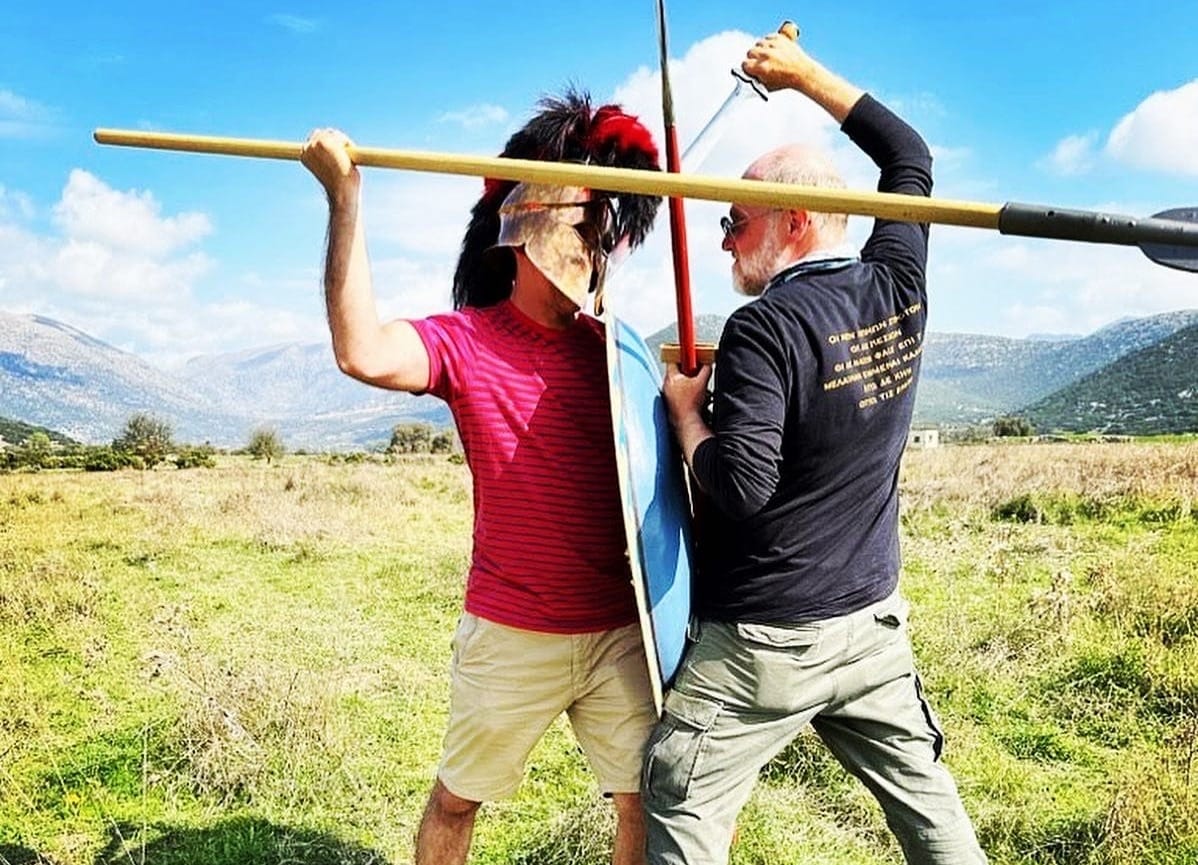
Our next stop is the castle fort of Eleutherae. It's not directly related to the Persian Wars, but it's the best preserved fortification from the Classical Period in all of Greece.
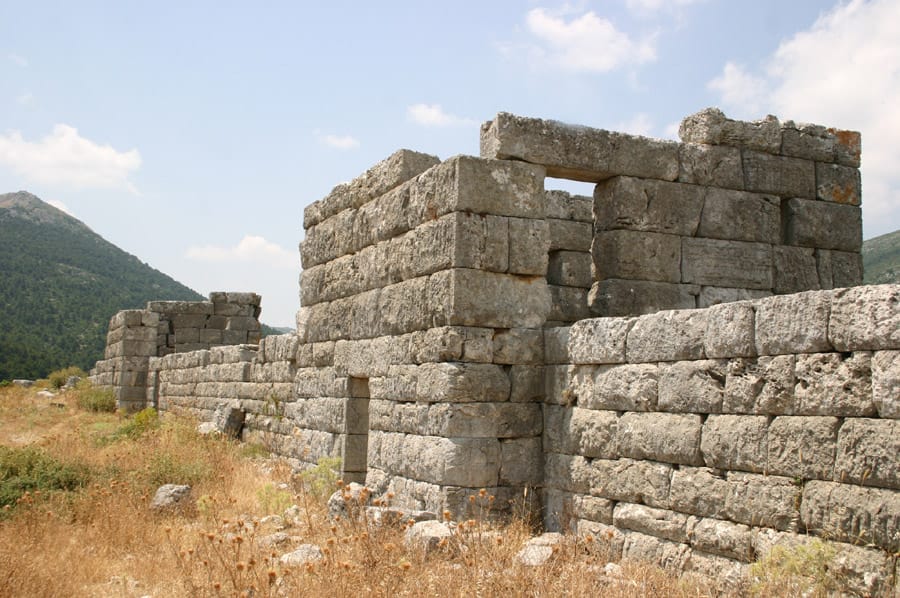
We then drive to the beautiful town of Nafplion in the Peloponnese, which will be our base for the next two nights.
Friday 10 January
Having by now seen all the major sites of the Persian Wars, we go back in time and spend a day exploring the incredible Bronze Age sites of Mycenae, home of Agamemnon, and Tiryns, home of the mythical Hercules.
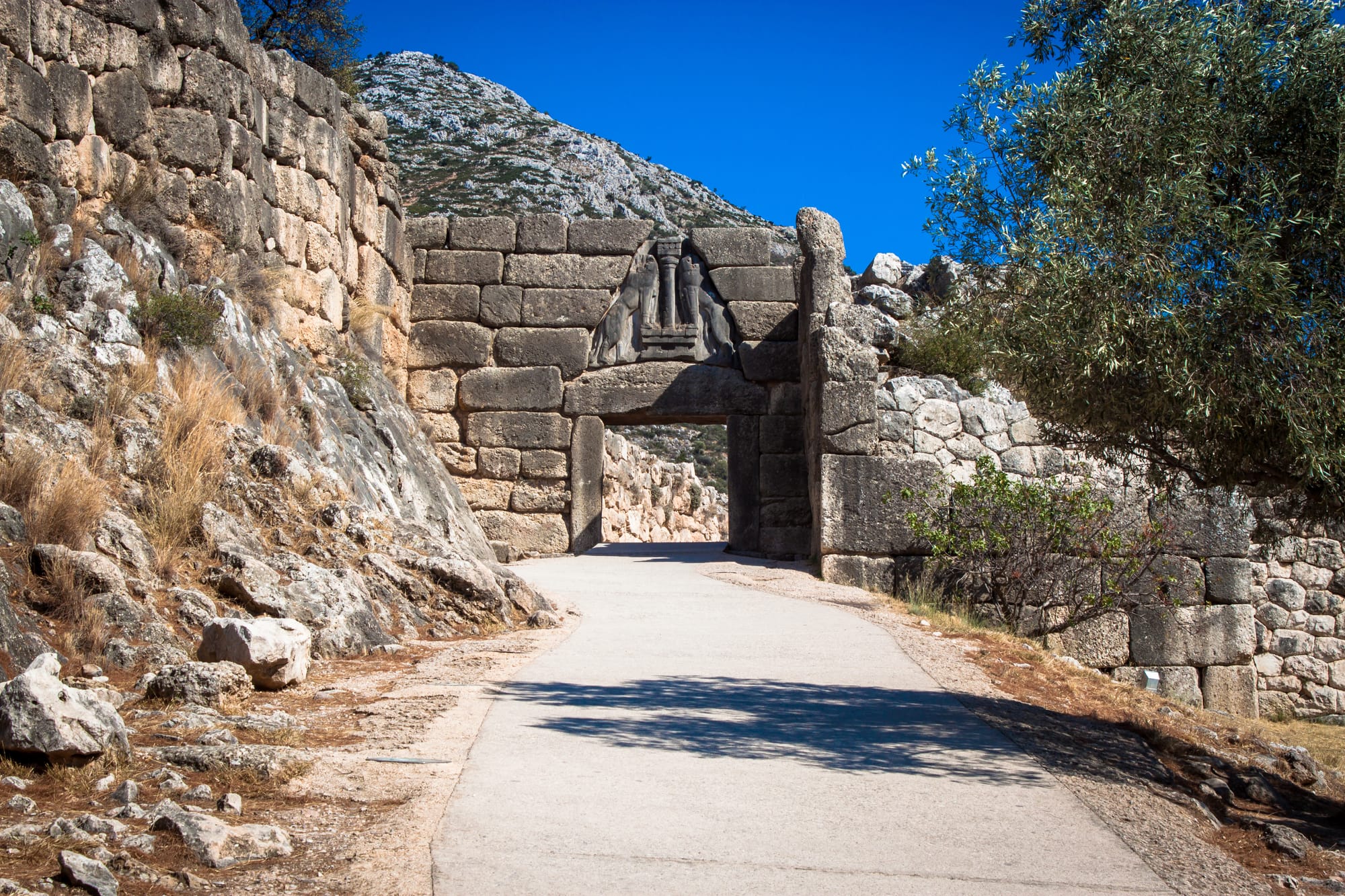
We also stop by Nemea, a legendary site that is now famous for its vineyards. We will explore the temple of Zeus and then enjoy some local wine tasting.
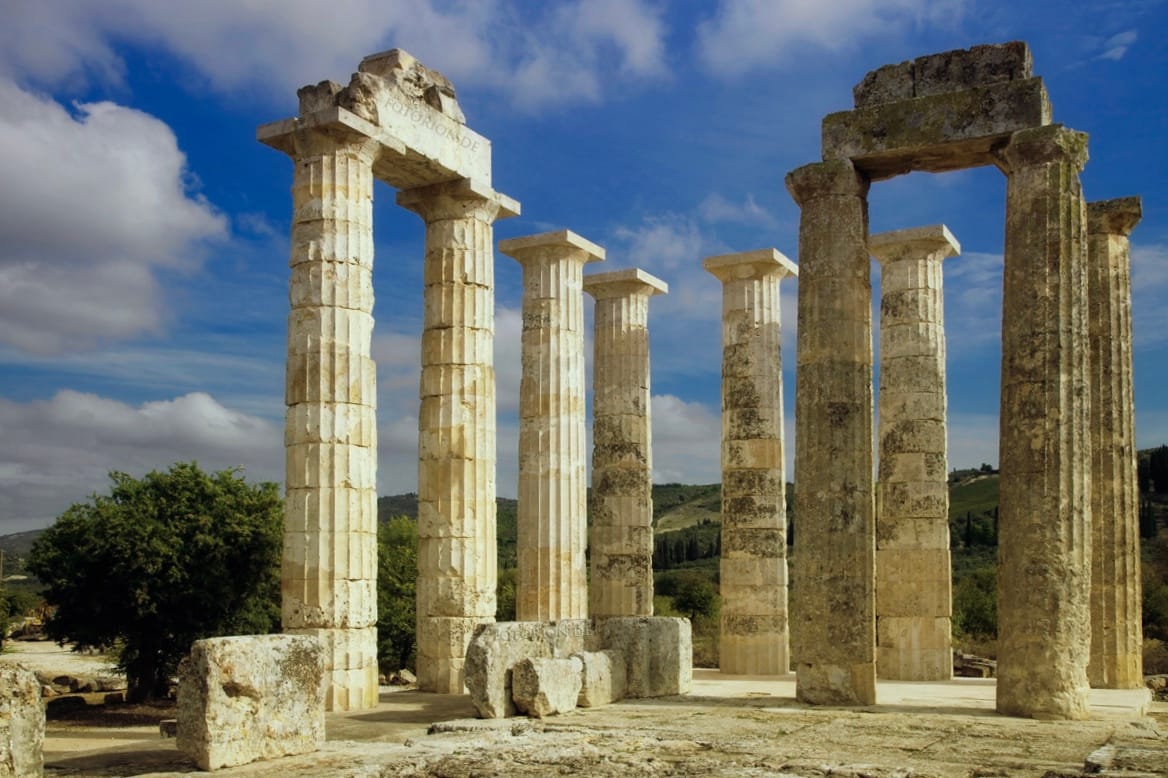
Saturday 11 January
We head back to Athens, making a stop at Eleusis, site of the ancient Athenian mystery cult and another stop for a farewell lunch. We we will arrive at Athens around 5pm. This marks the end of the tour. Please make your own arrangements for where to go/stay that night. If you need to get to the airport right away, there will be public transportation available from where the bus drops us off.
